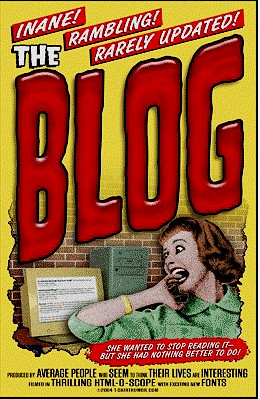Americans become interested in "green" cars
According to ComScore Networks online consumers in the U.S. conducted more than 1.5 million searches for terms such as gas prices, hybrid cars, Toyota Prius and gas mileage in March, an increase of 112% over February 2005. More than 300,000 US consumers searched for hybrids in March. Interesting: Hybrid searchers were 35% more likely than average to live in the Pacific region, while SUV searchers were more evenly distributed across the nation. Aah, the Californians, always one step ahead on their time...










